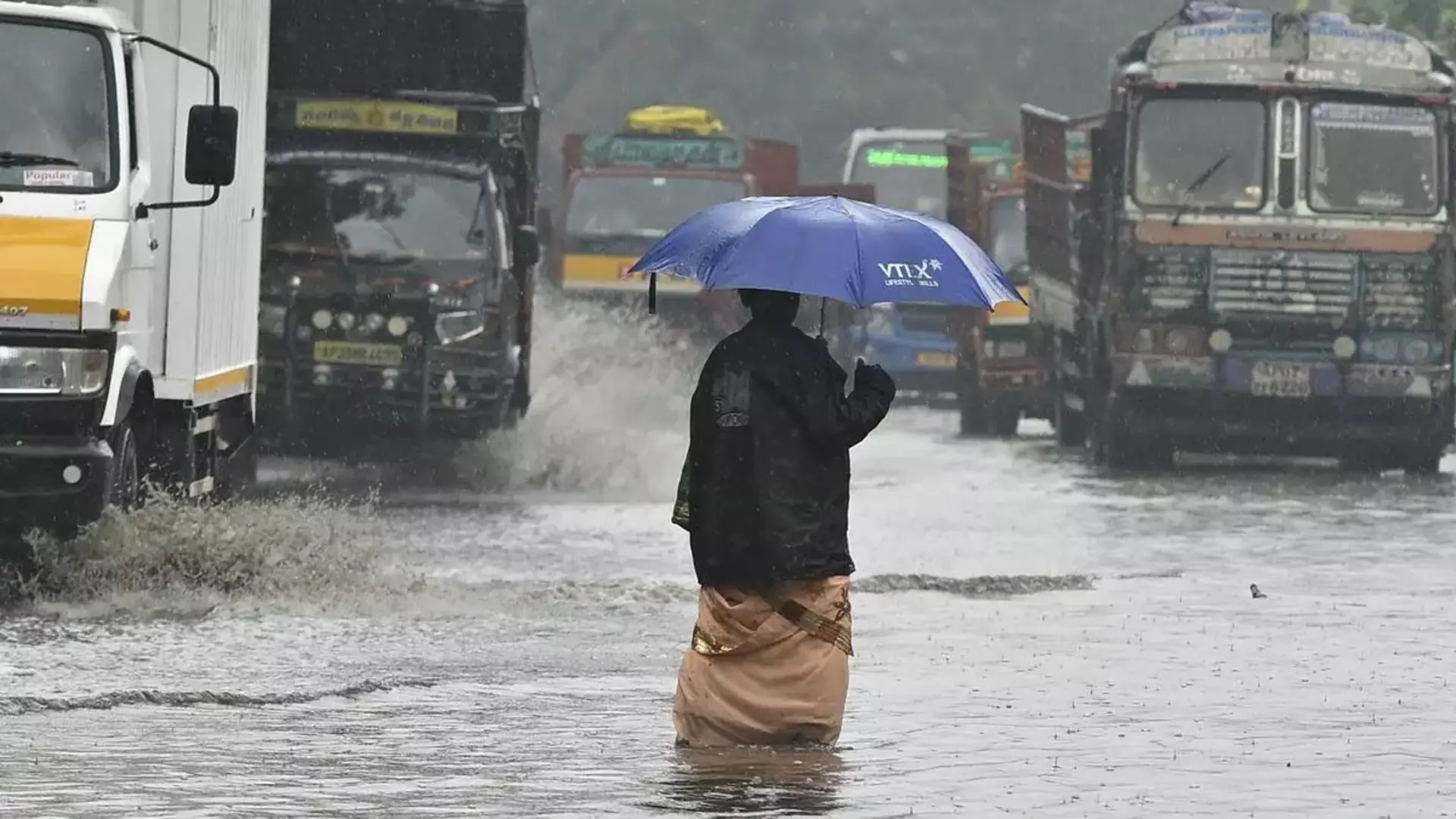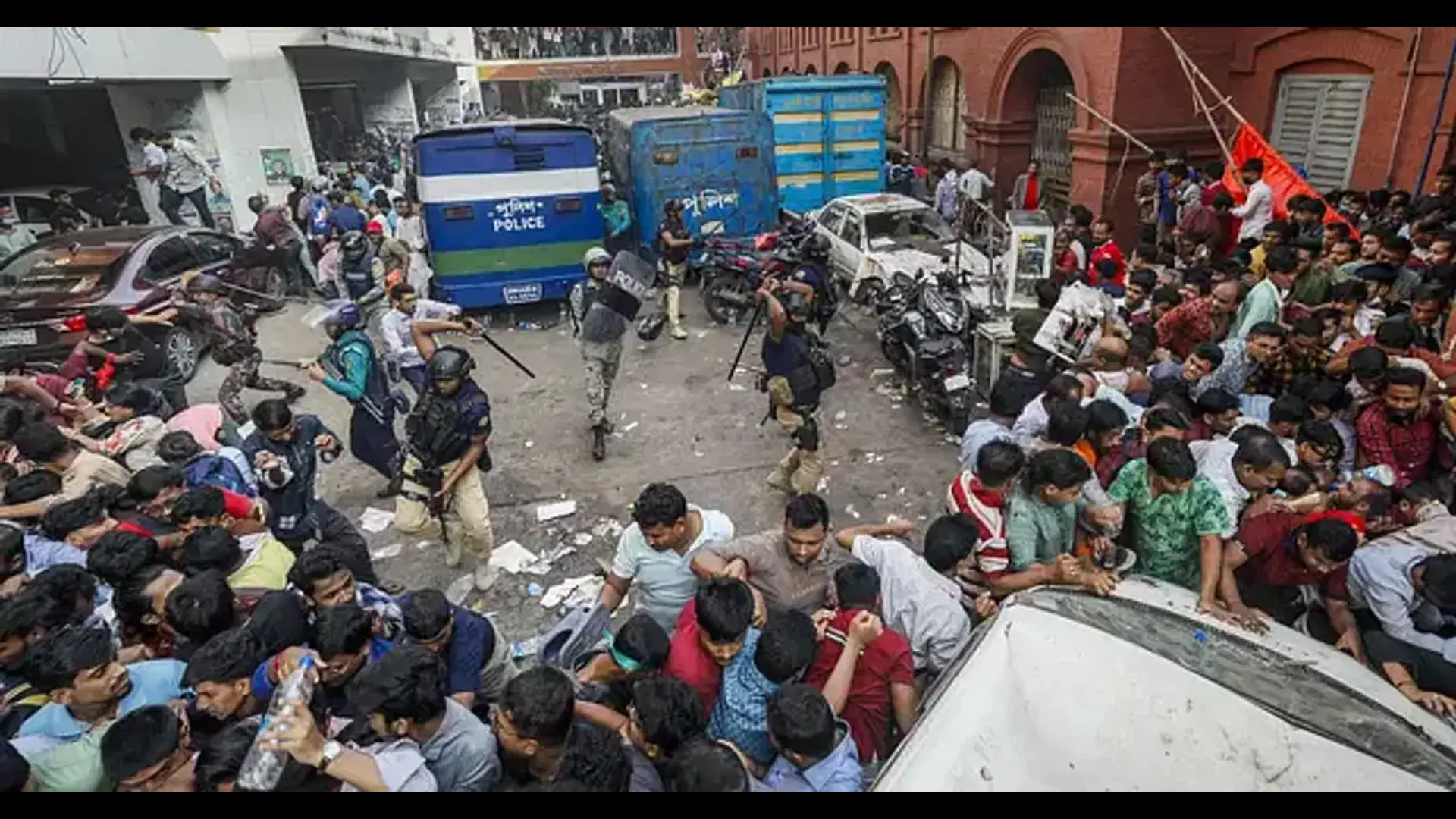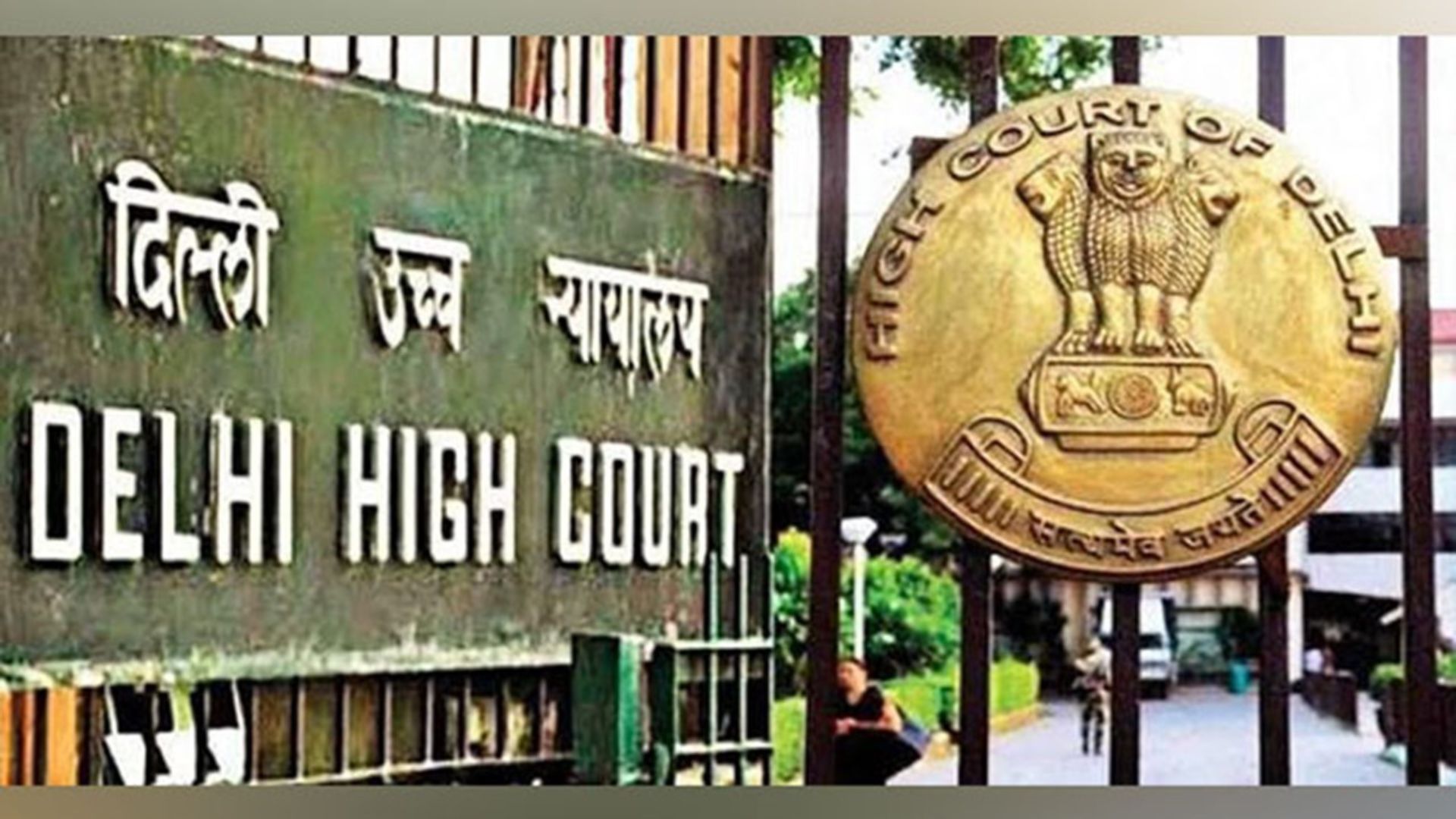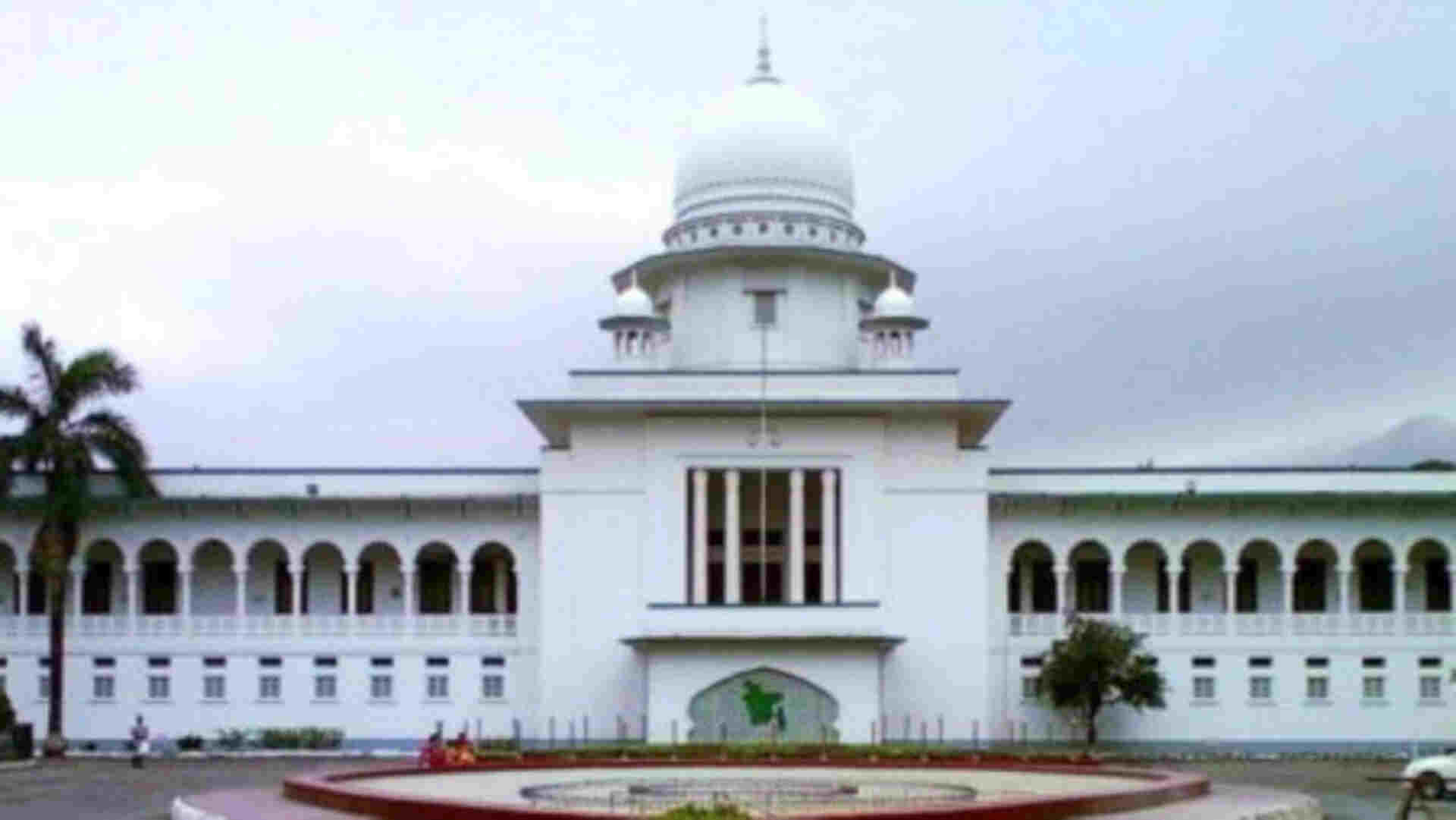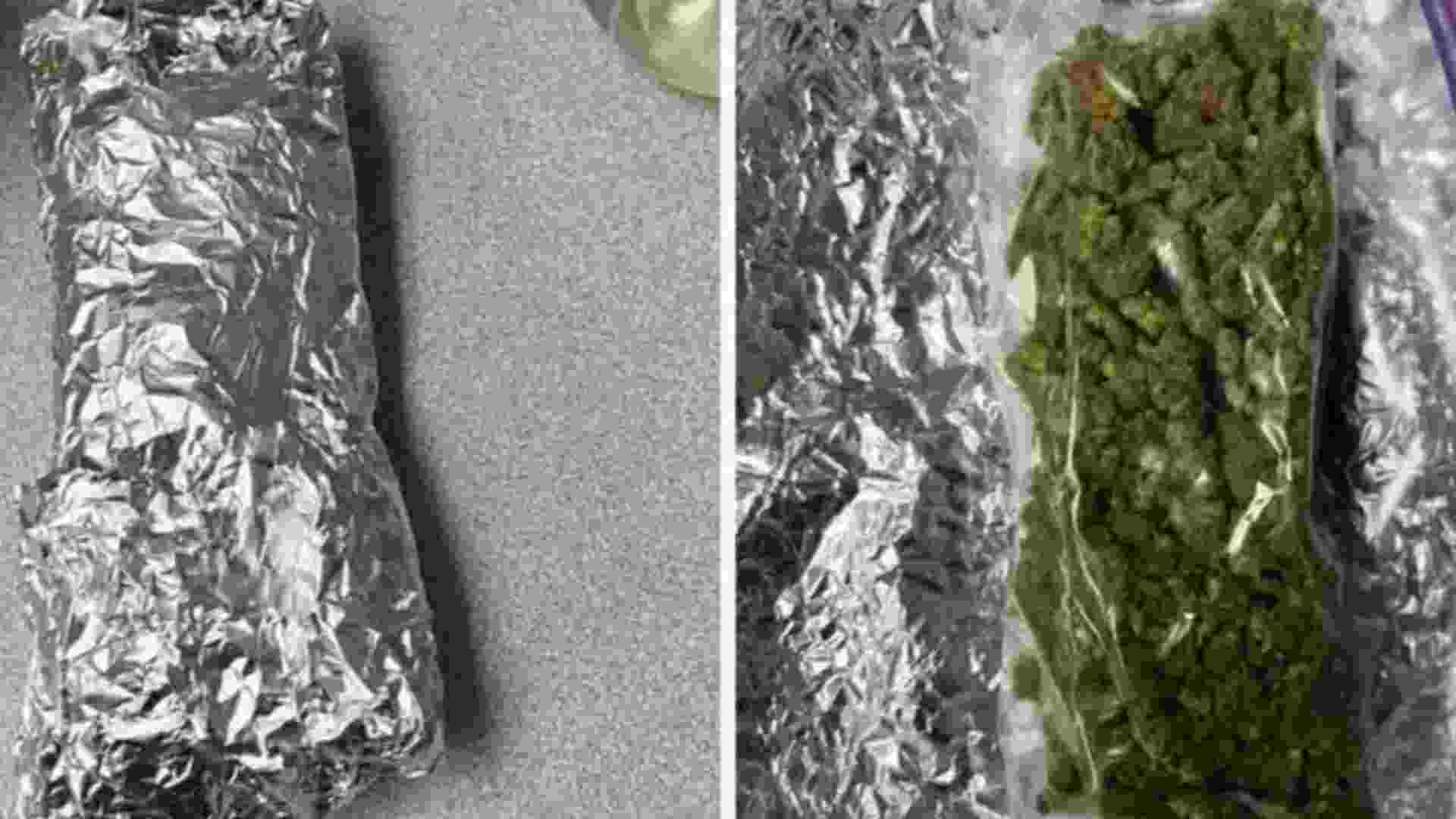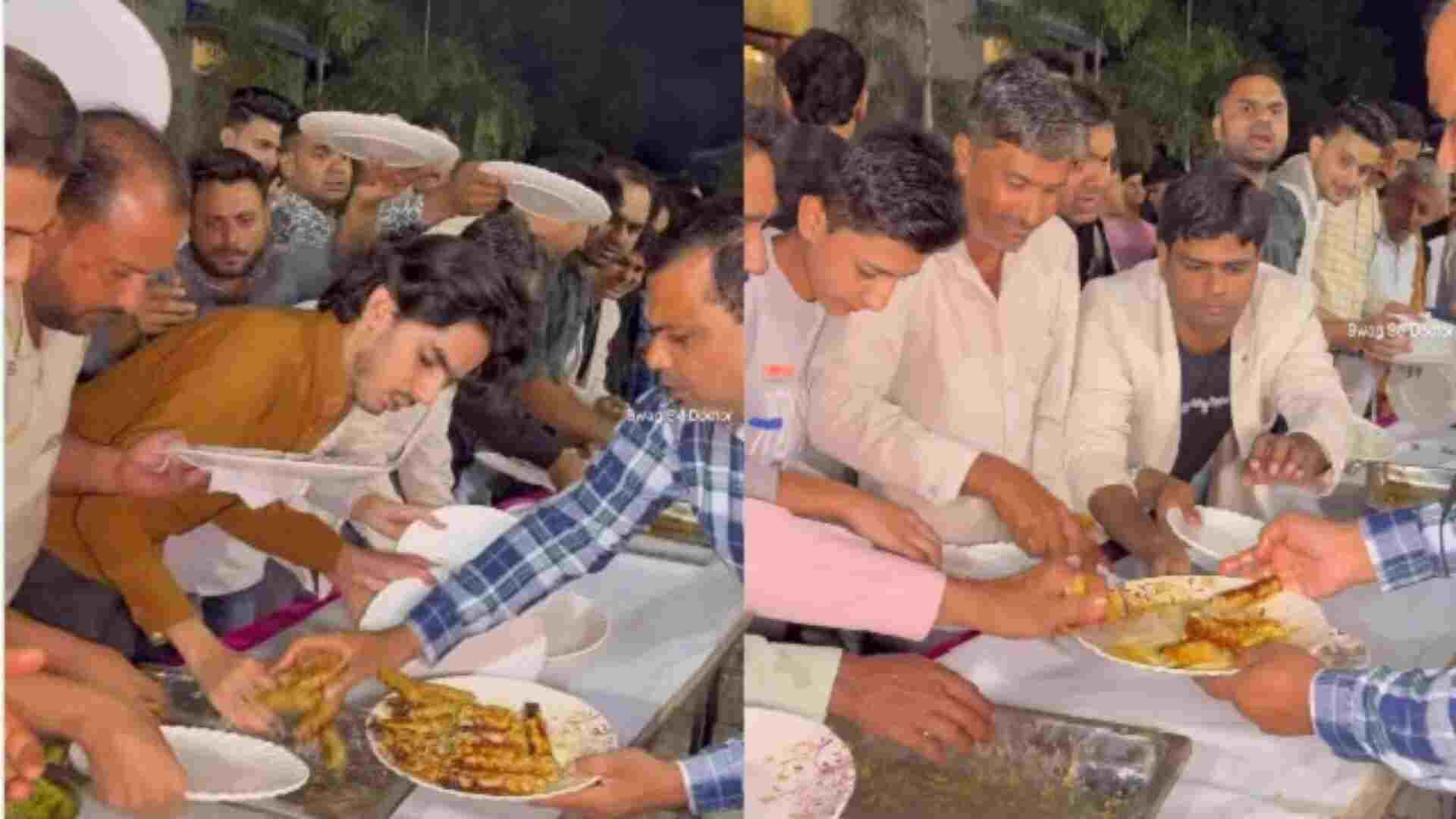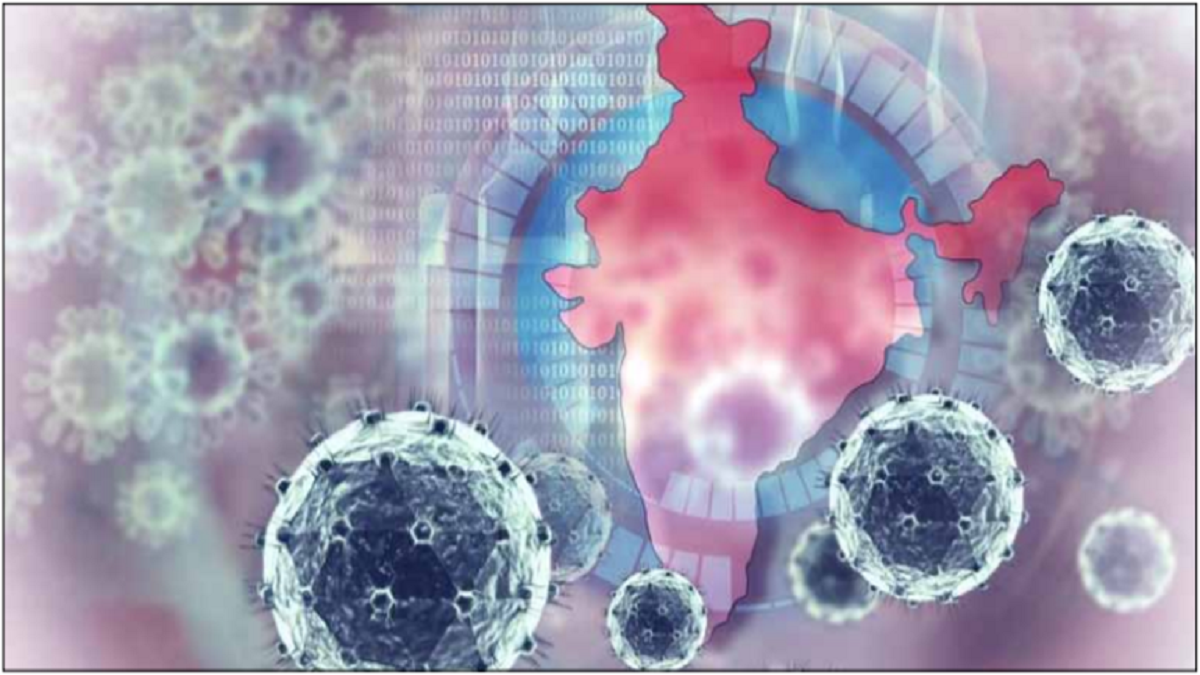
Serosurvey has revealed that around 16% of the people in Karnataka have developed antibodies against Covid-19 virus, says Health and Medical Education Minister Dr. K. Sudhakar. He was speaking in a press conference held in Vidhana Soudha on Wednesday.
A survey to estimate the prevalence of COVID-19 in Karnataka was done from September 3-16, 2020. This included the proportion of people who had COVID-19 infection recently and those currently having active SARS-CoV-2 infection.
According to the minister, the sampled population surveyed were all adults aged 18 years and above. All 30 districts of the state, including eight zones of BBMP, were included in the survey. The survey was conducted in hospitals and selected population settings.
Three groups of the population were covered that included low-risk group, moderate-risk group, and high-risk group.
Dr Sudhakar added that the study used Rapid Antigen Test (RAT) and RT-PCR for the diagnosis of acute infection. At the same time, serum testing for IgG antibodies was conducted to know the protection offered by the immune response. The standard ICMR protocols were used, and an ICMR approved laboratory network in the state was utilized, Dr Sudhakar added.
Of the 16,585 persons surveyed covering the three risk categories, the analysis was done on results for 15,624 individuals whose RAT plus RT-PCR and COVID Kavach ELISA antibody test results were matched in the line list.
Giving a brief explanation of the survey the Health Minister said that the survey revealed that, 16.4% of the people were infected in the past and found to have antibodies against Covid-19 in the surveyed population.
This amount is 29.1% in Delhi, 16% in Mumbai non-slum settings, 57% in slum settings, 36.1-65.4% across five prabhags in Pune, 7.8% in Indore, 22.7% in Puducherry, and 32.3% in Chennai. Compared to other studies in India, the survey undertaken in Karnataka has captured total prevalence, which includes information on both current and past infections. The participants were included from locations centred around 290 hostals . , taluk and rural areas. The survey employed all three tests: Rapid Antigen Tests, RTPCR, and antibody (IgG).
